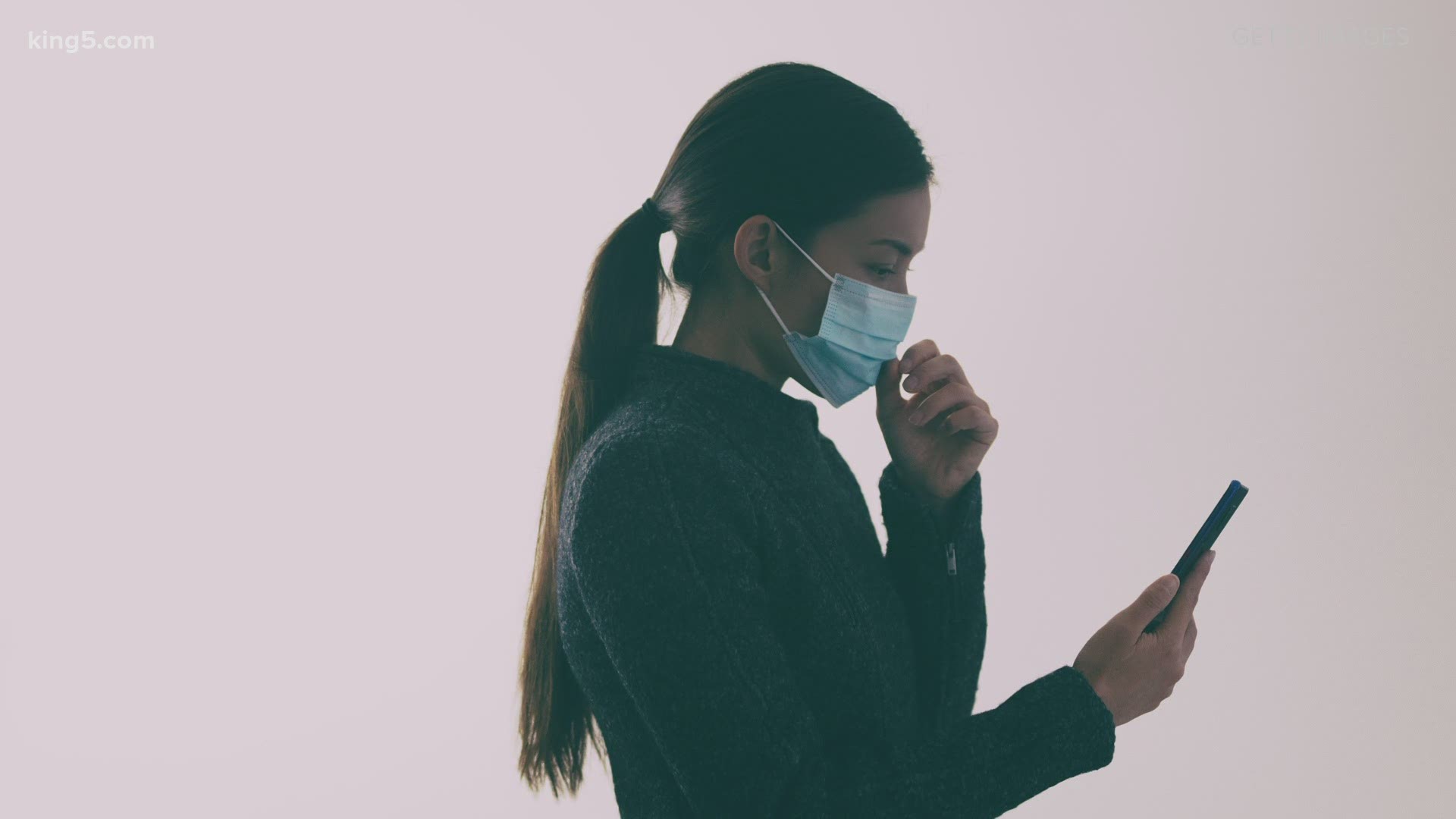SEATTLE — Several states have been using COVID-19 phone notification apps for months, and while low participation is still a concern, some of the results are encouraging.
On Monday, Washington state announced that it too will have a COVID tracking app.
Nevada launched its COVID phone notification system in late August. A Seattle-based company, called COVID Trace, developed the state’s technology.
“In the last three weeks, we've actually doubled the number of people using the app, which has been incredible,” said Dudley Carr, co-founder of COVID Trace.
He said he's encouraged by data showing that when people receive an exposure notification, many of them are then using the app to call the health department.
“To us, it's an indication that people are taking it seriously. They do want to know what the appropriate next steps are,” Carr said.
He said 3-4% of Nevada’s population is using the technology.
“Obviously, the more people are using it, the more effective it is,” Carr said.
Pennsylvania debuted its COVID alert app in September, and the state said recently about 6% of its adult population has downloaded it. The technology has already notified more than a hundred people of possible exposure to close contact with COVID, the state said.
Even low levels of participation could help save lives.
A team of researchers from Oxford University and Google studied COVID exposure notifications in King, Pierce, and Snohomish counties this year.
The researchers estimate that if 15% of the population participates in notifications, the region could see an 8% drop in infections and a 6% drop in deaths.
Public health experts hope the alerts will lead to quicker testing.
“This is just another thing that can help us operate more quickly,” said Dr. Jen Balkus, a UW assistant professor of epidemiology. “But it still needs to be used in combination with many of the things that we're doing quite well within Washington at the moment (such as) mask-wearing, social distancing and working remotely if you can.”

